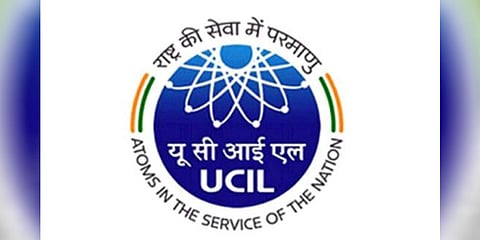

VIJAYAWADA: The Centre on Wednesday said studies by various institutes, including IIT Madras, have revealed that the tailing pond of the Uranium Corporation of India Limited (UCIL) in Tummalapalle of Kadapa district is not contributing to the groundwater contamination in the region.
The National Research Centre for Banana also conducted studies on the farmers’ concerns of low crop yield or stunted growth of plants in the surrounding villages, and found that the UCIL operations in Tummalapalle have not contaminated agriculture lands in the area, the Centre informed.
Union Minister of State for Public Grievances Jitendra Singh said to address the concerns of the people of surrounding villages and NGOs against the UCIL operations in Tummalapalle, different scientific studies have been conducted in and around it.
He replied to a question raised by TDP MP K Ram Mohan Naidu in the Lok Sabha on field surveys conducted to look into the problems faced by the people due to Uranium mining. IIT Madras conducted hydrological investigations to establish the source of groundwater contamination in the villages surrounding the UCIL tailing pond.
“The report concluded that there is no discernible dissolved uranium plume emanating from the tailing pond. However, the presence of a high concentration of uranium in the groundwater in the upstream areas is solely due to natural uranium deposits in the area, which has degraded the water quality,” the report said, and added that the tailing pond is not the probable cause of groundwater contamination in nearby wells.
SVIMS, Tirupati which looked into the people’s health concerns, concluded that they are not attributable to the UCIL operations.
The Isotope and Radiation Application Division (IRAD) of Bhabha Atomic Research Centre (BARC) conducted an isotope hydrological study to identify the source of uranium contamination in the groundwater. “The report concluded that the presence of high uranium observed in some wells are geogenic in nature and not derived from the tailing pond or decant pond.’’
Mecon conducted hydrogeological investigations in the tailing pond area to study the concern of groundwater contamination. “It is well established that the UCIL operations in Tummalapalle have not caused any health issues, groundwater/agriculture land contamination in and around the area,’’ the Centre stated.